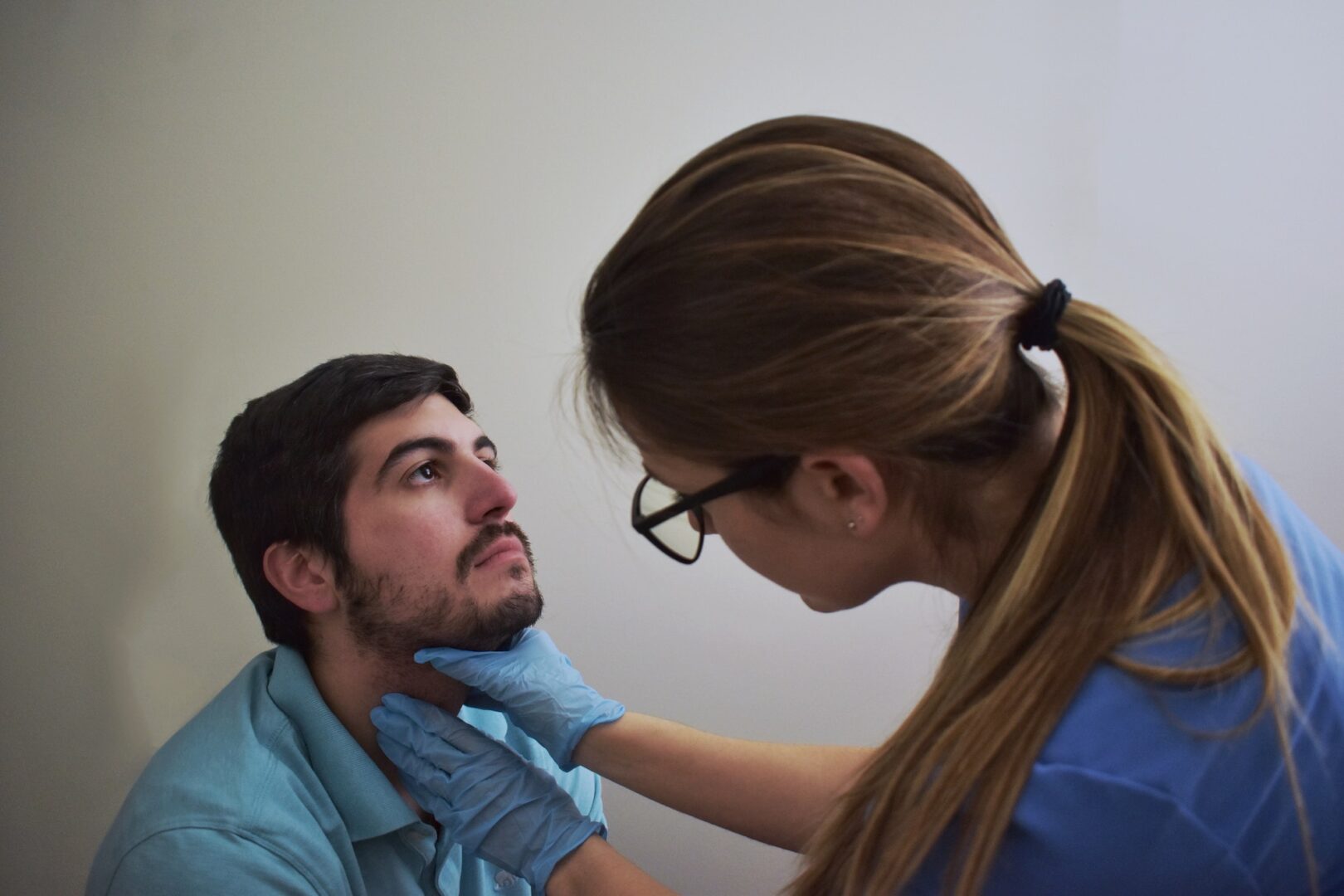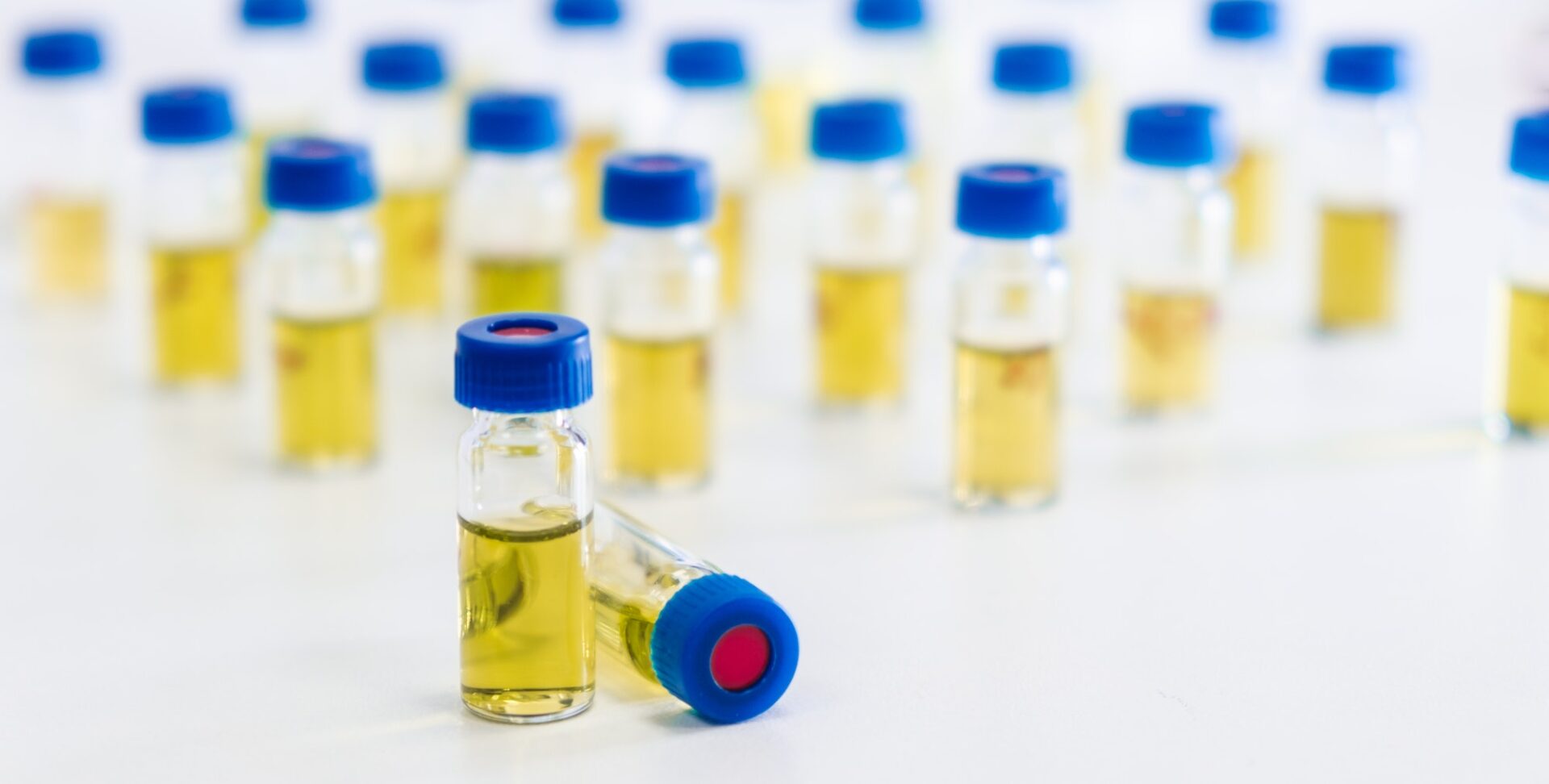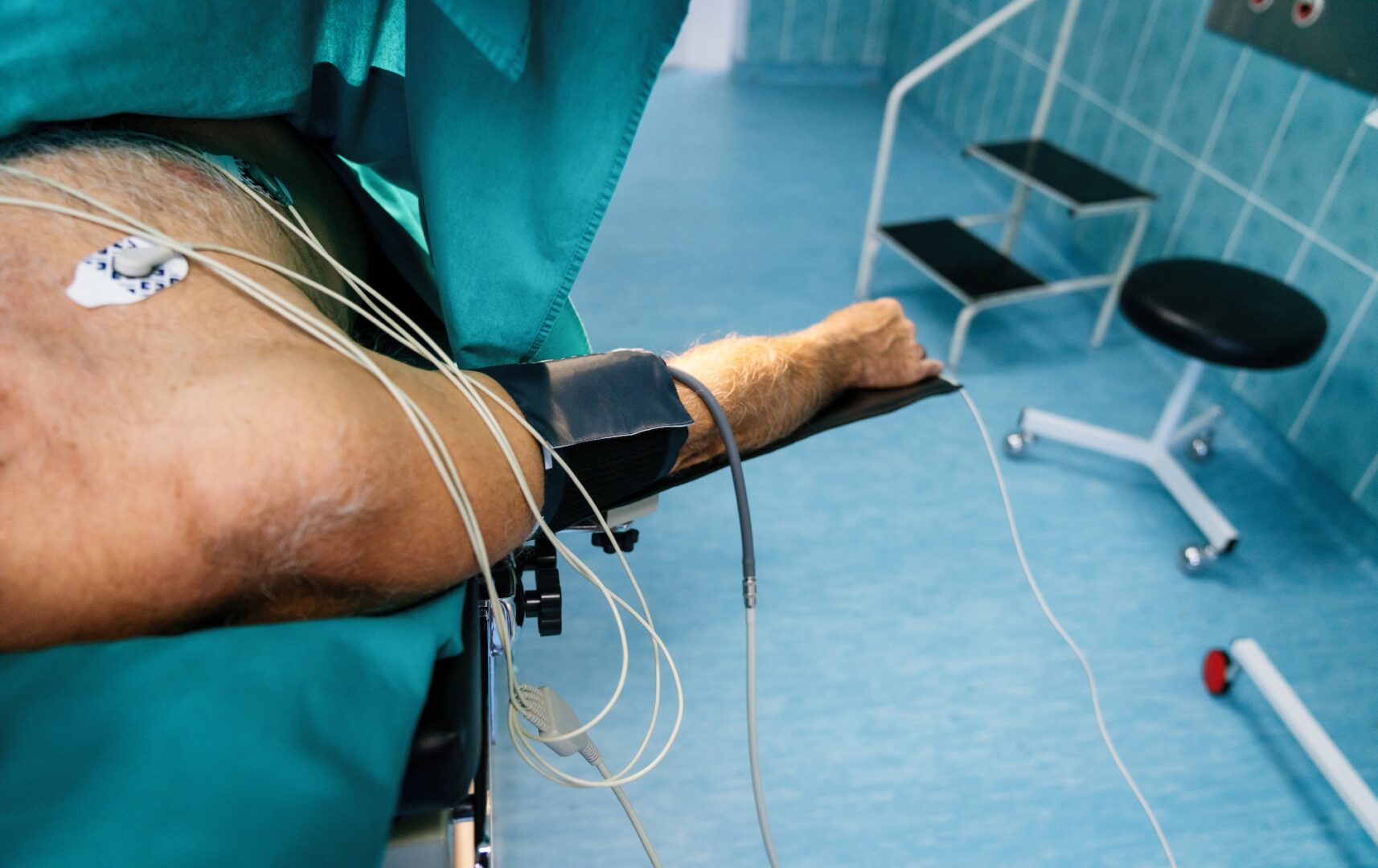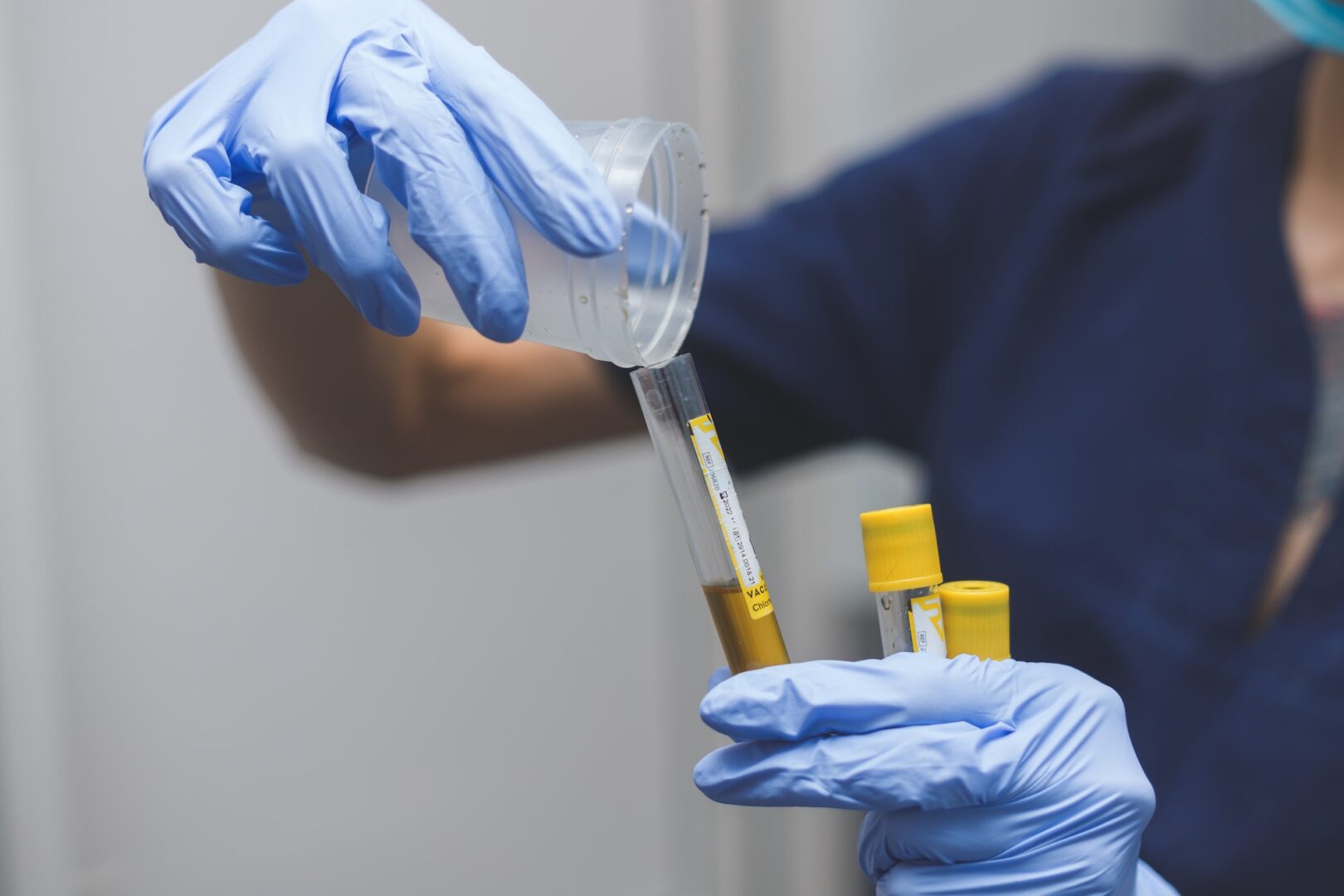The Importance of Return to Work Exams
Returning to work post-illness or injury can be a daunting process for employees. Our return to work exams ensure a smooth transition by prioritizing worker safety and preparing them thoroughly for the work environment.
Ensuring Worker Safety
Worker safety is paramount. Our return to work exams are a critical tool for assessing an employee’s capability to safely resume their job duties. These exams help to:
- Identify potential hazards.
- Assess temporary or permanent conditions.
- Develop plans for medical surveillance.
By thoroughly examining an employee’s health, we ensure compliance with legal and regulatory requirements, verify physical capabilities, and reduce potential legal liabilities for employers. This process not only safeguards employees but also promotes a healthier, more productive workplace.
Preparing for the Work Environment
To prepare for successful reintegration into the work environment, our return to work exams involve a comprehensive evaluation. This includes a review of medical history and a physical examination, potentially supplemented by lab tests or diagnostic procedures.
These evaluations assist in deciding if an individual is capable of resuming normal activities or if accommodations are necessary. Our exams support personalized assessments, prompt treatment, and rehabilitation, contributing to improved job satisfaction and engagement among workers.
| Examination Component | Description |
|---|---|
| Review of Medical History | Detailed analysis of past and current health issues |
| Physical Examination | Check for any physical impairments or conditions affecting work performance |
| Diagnostic Tests | Lab and EKG testing, TB skin testing, etc. |
Our streamlined approach helps foster a positive, supportive work culture. Employees can return to their roles feeling confident and prepared, which ultimately enhances workplace morale and productivity.
For a thorough understanding of the various components included in our return to work exams, explore our pre-employment health exams and other related services like respirator clearance/fitting exam and FAA medical exams.
Components of Return to Work Exams
A comprehensive return to work exam includes several key components designed to assess an individual’s readiness to resume work. These components ensure the health and safety of workers, helping to identify potential hazards, evaluate existing conditions, and establish a plan for medical surveillance (Advanced OccMed).
Review of Medical History
The first crucial step in a return to work exam is the review of the individual’s medical history. This step involves gathering detailed information about past illnesses, injuries, surgeries, and any ongoing medical conditions. Understanding the medical background helps our healthcare professionals to make informed decisions regarding the worker’s fitness for duty.
This component may also involve:
- Reviewing past medical records.
- Discussing any temporary or permanent disabilities.
- Considering any medications currently being taken.
Physical Examination
The physical examination portion of the return to work exam assesses the individual’s overall physical health. This examination includes a series of checks to ensure the person can safely perform their job duties. The scope of the examination can be customized to the specific job requirements, assessing abilities such as lifting, bending, and maneuvering.
Common assessments in a physical exam include:
- Vital Signs: Checking blood pressure, heart rate, and temperature.
- Musculoskeletal Examination: Assessing posture, range of motion, and joint stability.
- Neurological Examination: Evaluating reflexes, muscle strength, and coordination.
- Cardiovascular Checks: Performing EKG testing if necessary.
Diagnostic Tests
Diagnostic tests are essential in providing a thorough analysis of the worker’s health status. These tests can include lab tests, imaging studies, and other specialized examinations. They provide objective data that aids in determining if it’s safe for individuals to resume their work activities (Advanced OccMed).
Common diagnostic tests include:
- Blood and Urine Tests: Used to detect infections, monitor chronic conditions, or identify substance abuse (blood and urine testing).
- Imaging Studies: X-rays, MRI scans, or CT scans to evaluate internal structures.
- Respirator Clearance/Fitting Exam: Ensuring that individuals required to use respirators are fit to do so.
- Vision and Hearing Checks: Essential for roles that require acute sensory functions.
Including these components in our return to work exams helps ensure that workers are physically prepared and safe to recommence their job duties. Additional services, like pre-employment health exams and FAA medical exams, offer similar thorough assessments catered to different employment needs.
By thoroughly reviewing medical history, conducting physical examinations, and performing necessary diagnostic tests, we provide a comprehensive evaluation to support the health and safety of workers returning to their jobs.
Benefits of Return to Work Exams
Conducting return to work exams is crucial for both employees and employers. These assessments ensure that workers are physically prepared to resume their duties and help in maintaining a safe work environment. At Advanced OccMed, we emphasize the importance of these exams for several compelling reasons.
Determining Readiness
Return to work exams play a vital role in determining an employee’s readiness to return to their job. By assessing various health parameters, these exams help verify that individuals are physically capable of performing their job responsibilities safely. This not only ensures compliance with legal and regulatory requirements (Advanced OccMed) but also promotes employee well-being.
Key factors evaluated during these exams include:
- Medical History Review: Comprehensive analysis of past and recent medical records.
- Physical Examination: Detailed assessment of physical capabilities and limitations.
- Diagnostic Tests: Specific tests, such as blood and urine testing or EKG testing, to evaluate health status.
Our return to work exams provide a clear picture of an individual’s physical readiness and any necessary restrictions or accommodations (Advanced OccMed). This ensures a smooth and safe transition back to work.
Preventing Further Injuries
A significant benefit of return to work exams is their role in preventing further injuries. By determining whether an individual is fit to resume their job duties, these exams help identify potential risks and mitigate them. This proactive approach minimizes the likelihood of work-related injuries and subsequent workers’ compensation claims.
In addition to identifying physical readiness, return to work exams also contribute to:
- Developing Workplace Accommodations: Tailored adjustments to job duties or work environment to suit individual needs.
- Ensuring Optimal Safety: Reducing the risk of injury to the employee and others by verifying the employee’s capability to perform essential functions.
- Highlighting Essential Precautions: Recommending the use of protective equipment, such as in respirator clearance/fitting exam, to enhance safety.
Data Table: Health Assessment Metrics
| Health Parameter | Importance | Evaluation Frequency |
|---|---|---|
| Medical History Review | Identifies baseline health | Annually or Post-Injury |
| Physical Examination | Assesses physical readiness | Pre-return-to-work |
| Diagnostic Tests | Monitors specific conditions | As needed |
Implementing return to work exams aligns with our commitment to occupational health and safety. By prioritizing these assessments, we help both employees and employers create a safer and more productive work environment. Explore more about our other health services like pre-employment health exams or FAA medical exams on our website.
The Process of Return to Work Exams
At Advanced OccMed, we understand the importance of comprehensive return to work exams. These evaluations ensure that individuals are healthy and ready to reenter the workplace. Our return to work exam process encompasses various assessments, including posture and range of motion evaluations, as well as vision and hearing checks.
Posture and Range of Motion
Evaluating posture and range of motion is a critical component of our return to work exam. These evaluations help us understand an individual’s physical capabilities and identify any limitations that could affect their job performance.
- Posture Evaluation: We assess an individual’s posture to ensure that they maintain proper alignment while performing job tasks. Poor posture can lead to chronic pain and injury, making it essential to identify and correct any issues.
- Range of Motion Assessment: This assessment measures the flexibility and mobility of various joints, including shoulders, hips, and knees. Limited range of motion can affect an individual’s ability to perform tasks, especially in physically demanding jobs.
By thoroughly examining posture and range of motion, we can provide recommendations for workplace modifications or rehabilitation exercises, ensuring a safe and effective return to work.
Vision and Hearing Checks
Vision and hearing checks are also integral to our return to work exams. These assessments help us determine if an individual has any impairments that could affect their job performance or safety.
- Vision Checks: We conduct standard vision tests to assess visual acuity, peripheral vision, and color vision. Good vision is essential for tasks that require attention to detail, operation of machinery, or driving.
- Hearing Checks: Our hearing evaluations include audiometric tests to measure an individual’s ability to hear various frequencies and volumes. Hearing is crucial for communication, especially in noisy work environments.
| Assessment Type | Purpose | Example of Job Impact |
|---|---|---|
| Vision Check | Assess visual acuity and clarity | Operating machinery, reading fine print |
| Hearing Check | Measure hearing ability at different levels | Communication in noisy environments |
These assessments ensure that employees have the necessary sensory abilities to perform their job duties safely and effectively.
At Advanced OccMed, our comprehensive return to work exams offer a thorough evaluation of an employee’s health, helping maintain a safe and productive work environment. For more information on our various tests and examinations, visit our pages on blood and urine testing and ekg testing, or explore our services like FAA medical exams and USCIS exam.
Readiness for Return to Work
Ensuring an employee is ready to return to work involves a thorough assessment of their physical health and an evaluation of their job duties. At Advanced OccMed, our return to work exams are designed to provide both employees and employers with the confidence needed for a smooth transition back into the workplace.
Assessing Physical Health
Our primary focus during a return to work exam is to assess the physical health of the employee. This involves a comprehensive evaluation of their medical history, current physical condition, and any other relevant health indicators. The assessment includes:
- Review of Medical History: Understanding the employee’s past health issues, treatments, and the progression of their recovery.
- Physical Examination: Conducting a thorough physical examination to check vital signs, strength, flexibility, and overall physical well-being.
- Diagnostic Tests: Performing necessary diagnostic tests such as blood and urine testing, EKG testing, and TB skin testing to gather more detailed information on the employee’s health status.
These steps help ensure that any potential health issues are identified early, allowing for proactive measures to address them and prevent further injuries (Advanced OccMed).
Evaluating Job Duties
The second crucial aspect of a return to work exam is evaluating the employee’s job duties. This involves an in-depth analysis of the tasks the employee is expected to perform and determining if they are physically capable of handling these responsibilities safely and effectively. We conduct:
- Functional Assessments: Testing the employee’s ability to perform specific job-related tasks, such as lifting heavy objects, bending, and maneuvering into confined spaces. These assessments are tailored to the individual’s role and circumstances, ensuring a customized approach.
- Development of Recommendations: Based on the assessments, providing customized recommendations, which may include transitional duties or modifications to the job role. This ensures the employee can perform meaningful work without risking further injury.
To give a better understanding, here is a table showing the different job duties and the corresponding assessments:
| Job Duty | Assessment |
|---|---|
| Lifting heavy objects | Strength and flexibility testing |
| Maneuvering in small spaces | Range of motion and agility assessment |
| Extended periods of bending | Functional movement screening |
In alignment with company policies, these evaluations help facilitate a smooth return to work process, ensuring employee safety and productivity. For more information, check out our insights on pre-employment health exams and respirator clearance/fitting exams.
By focusing on both physical health and job duties, our return to work exams ensure employees are ready to return to the workplace safely and effectively. This comprehensive approach helps in minimizing risks and promoting a healthy and productive work environment. For further details, visit Advanced OccMed.
Industries Benefitting from Return to Work Exams
Return to work exams are essential for ensuring that employees can safely resume their roles after an absence due to illness or injury. Several industries benefit immensely from these assessments.
Construction and Healthcare
In the construction and healthcare industries, return to work exams are crucial for maintaining safety and productivity. Workers in these fields often engage in physically demanding tasks that require a thorough assessment of their physical capabilities. By ensuring that employees are fit to perform their duties, we can prevent further injuries and improve overall workplace safety. This is particularly important in construction, where manual labor and operating heavy machinery are common (Advanced OccMed).
Emergency Services and Office Settings
Emergency services personnel and office workers also derive significant benefits from return to work exams. For emergency services, it is critical to ensure that employees are fully prepared to handle high-stress situations and physically demanding tasks. In office settings, the focus might be more on assessing the employee’s overall health and readiness to return to a work environment that requires mental acuity and ergonomic adaptability (Advanced OccMed).
Return to work exams are designed to assess various factors, including an employee’s ability to perform their job duties safely. By doing so, we can reduce the risk of injuries, improve productivity, and ensure a smooth transition back to work. For more information on related services like pre-employment health exams or dot physicals, visit our dedicated pages.










